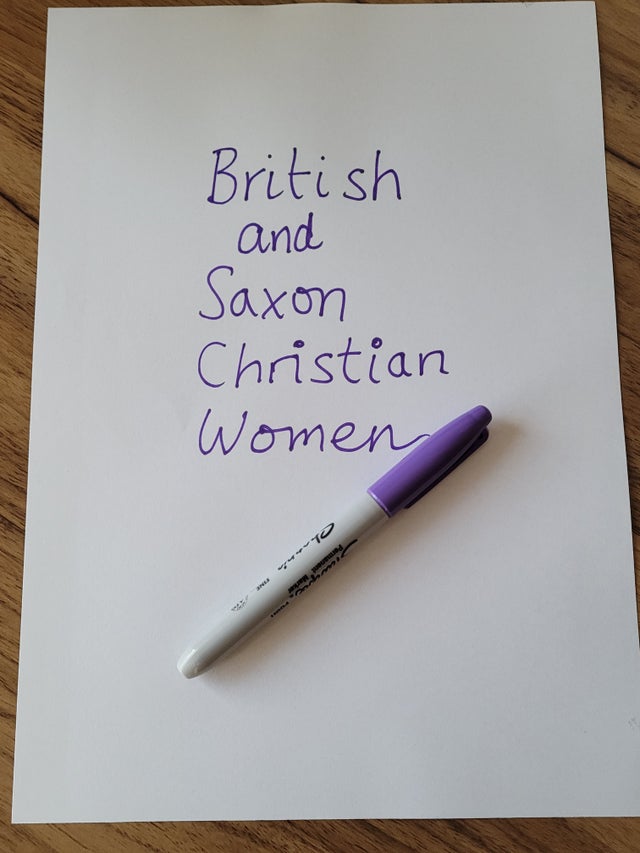- Christian Reflections & Articles
- >
- EARLY CHRISTIAN LADIES
EARLY CHRISTIAN LADIES
An article about the valuable contribution of various British and Saxon Christian women. A teaser follows:
I keep hearing these rumours from the atheistic side of things that women are downtrodden in Christianity. I admit there have been periods when parts of the Christian world did push women down, and some still do, but I can’t see it that Biblical teaching has been responsible for doing so. I count myself as a fair example of this. I am an evangelical Christian. I haven’t, at any time of my Christian life seen that the Bible’s teachings have stopped me from doing anything. God has given me certain skills and He has encouraged me to use them liberally. I’ve met a few Christian men along the way who’ve tried to put me in ‘my place’, but they didn’t succeed, because God has led me to the place I am. They were usually very insecure little men anyway. Strong secure men throughout history have had no problems serving beside women of gifting. And that’s why I am writing this little paper. I just had this idea of looking up the known Christian women who became prominent in Britain before the Norman Conquest, when the teachings of the Roman Catholic Church were really enforced. Most people these days see ‘the church’ as being one homogenous entity based on what happened in the 19th and first half of the 20th centuries. Or they think of Jesuits (who only came into existence in 1534). The early centuries of Christianity were quite different from these eras. In the early church, as described in the New Testament, there are a number of prominent women. Yes, the disciples were all men, but there may have been good practical and theological reasons for this (eg they represented the twelve sons of Jacob, the heads of the 12 tribes) but practically, deaconesses worked alongside deacons. Women such as Lydia founded congregations, Philip’s four daughters were prophetesses, Priscilla and Aquila worked together as evangelists and pastors. It would be centuries before church leadership roles solidified to the detriment of women (based upon non-biblical Roman models), but even then, women were still prominent and made their presence felt.


